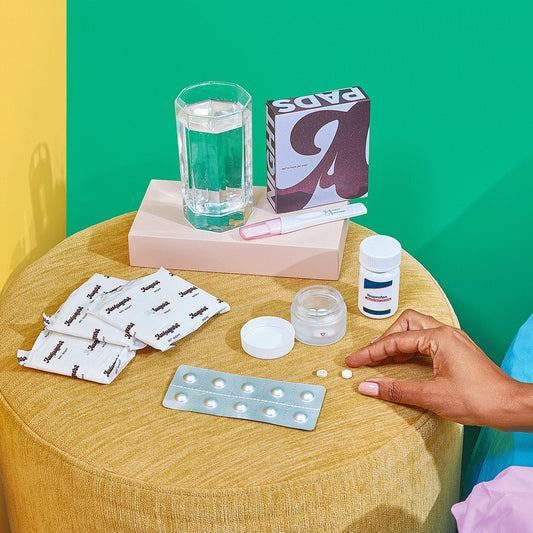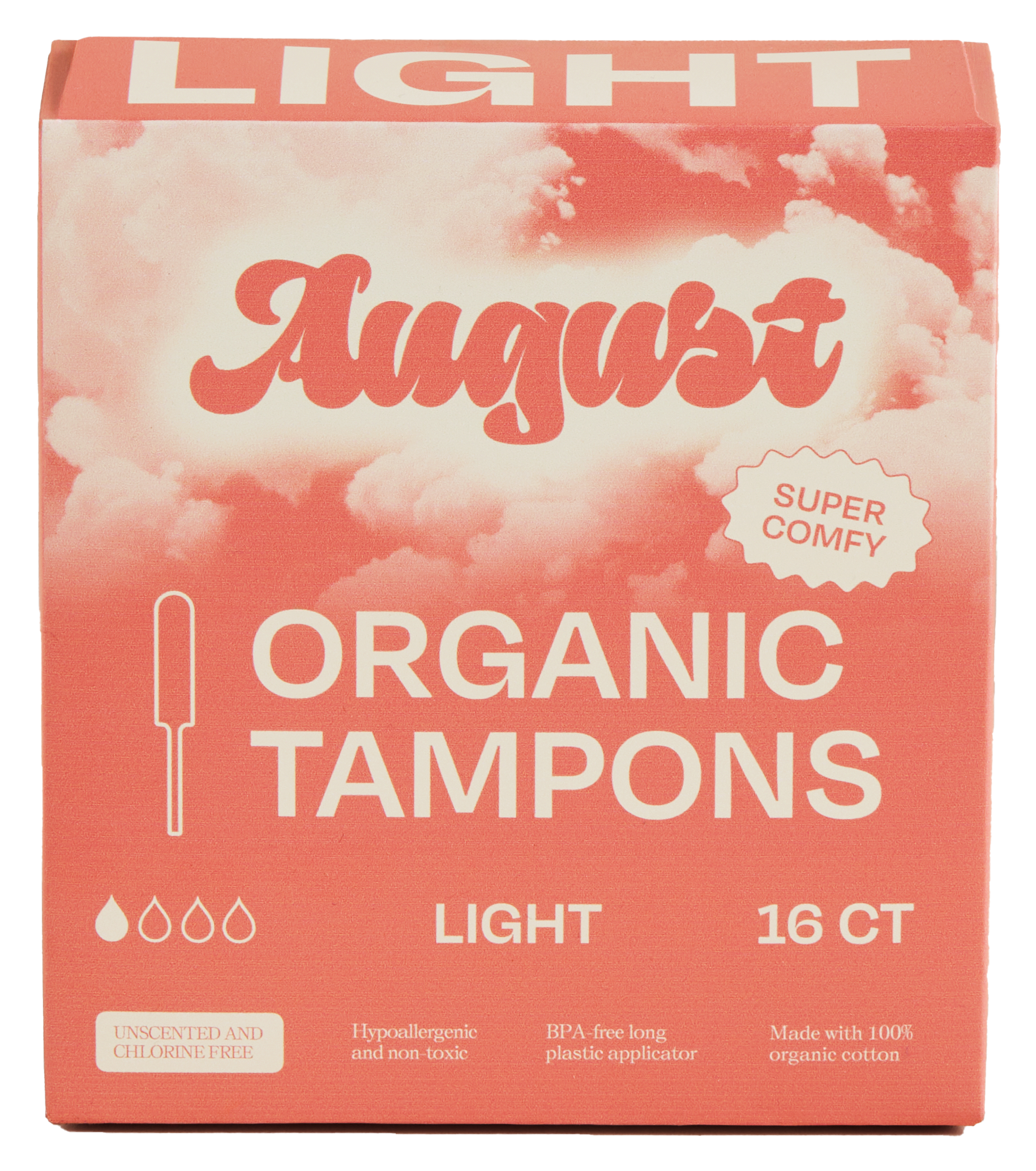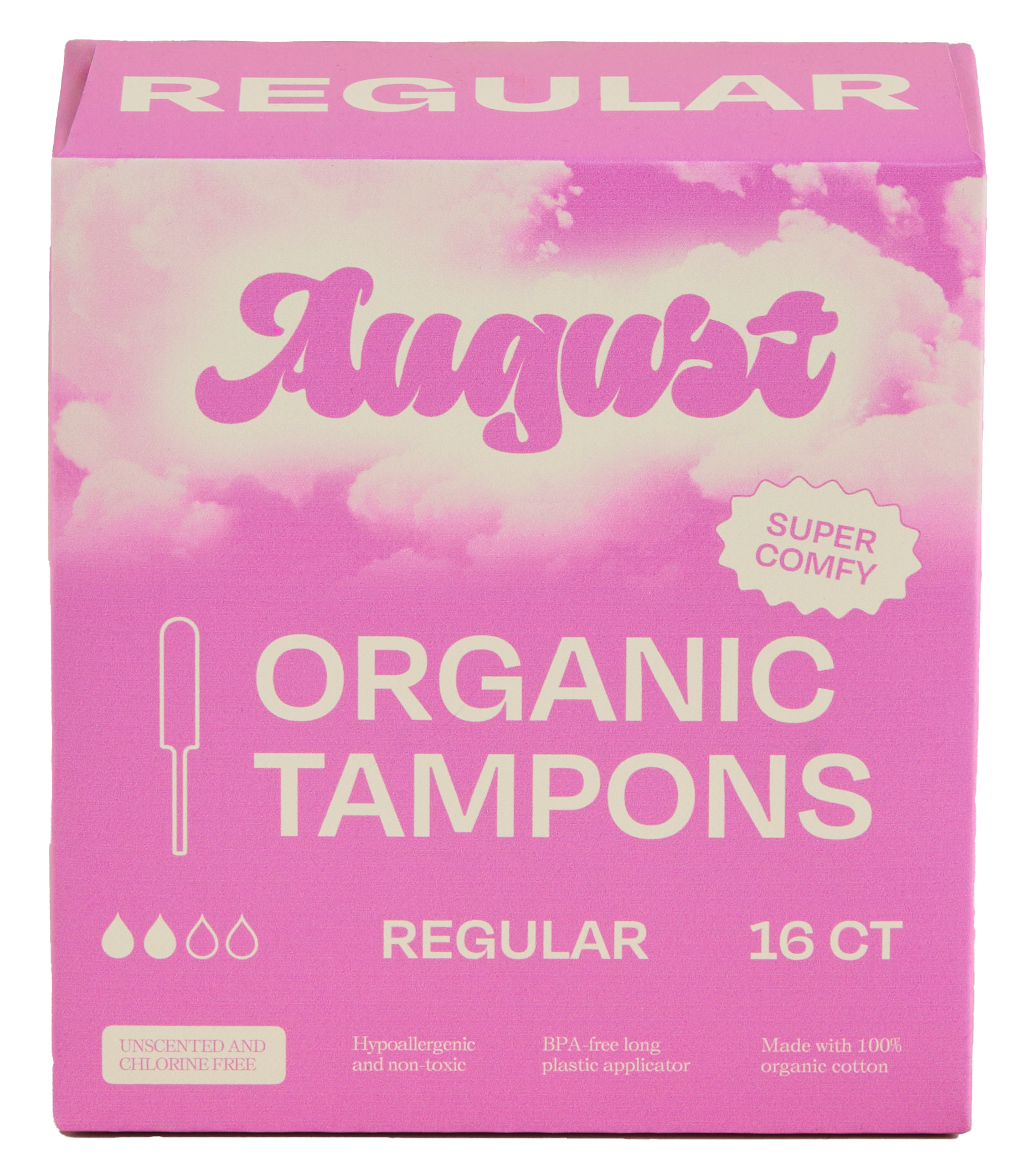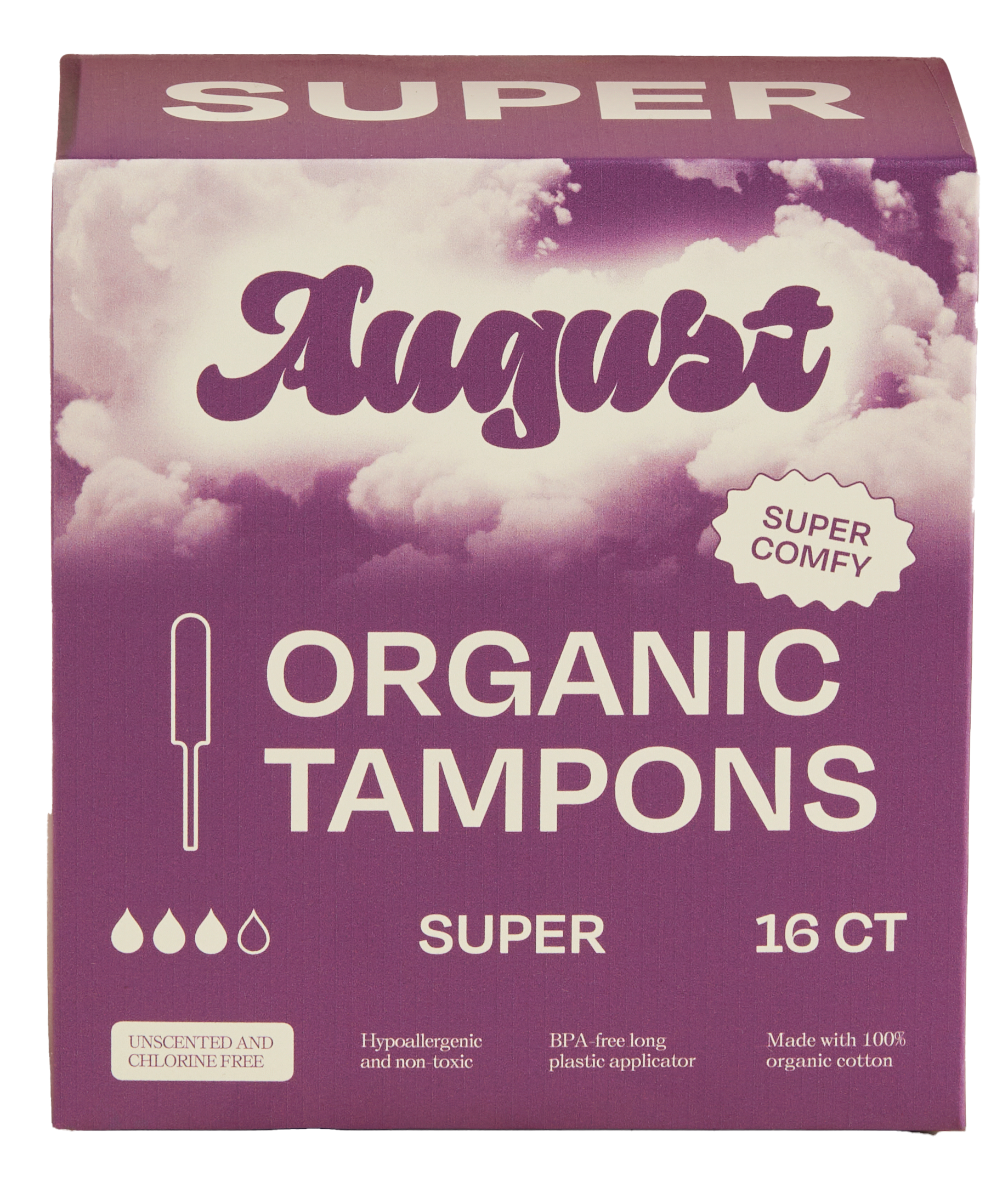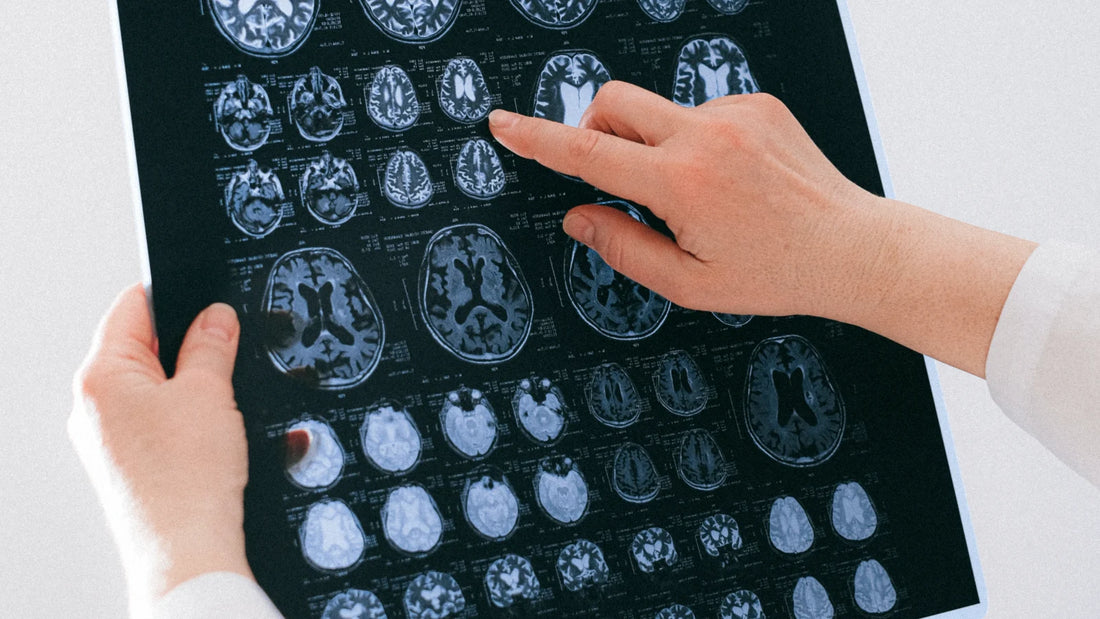
Can my menstrual cycle create other health issues?
There are some health issues that can arise due to your period, your period hormones, and being the owner of a uterus. The most common are irregularities (different lengths of periods, missed periods, etc.) but there are diseases that can occur too. If you are experiencing a lot of pain, or irregularities all the time, go see a doctor just to check in.
Most menstrual cycles range between 21 to 35 days, or up to 45 days for teens. Bleeding usually lasts between three to seven days. It’s important to get to know your own pattern. What’s normal for one menstruator may not be for another. The most common menstrual irregularities are not getting your period at all or not getting it regularly, getting it for too many or too few days, or having severely painful cramps. These issues can be caused by many different things, including scarring, hormonal imbalances, certain diseases or conditions, and even some medications. If your periods are extremely heavy, it can lead to chronic blood loss that is hard for your body to keep up with, which can then cause anemia or low blood hemoglobin. Two of the most common disorders that cause period problems are uterine fibroids and endometriosis. Fibroids are benign tumors, or growths, made of uterine muscle cells that grow inside or outside of the wall of the uterus, or womb. Studies estimate that more than 70% of menstruating people in the U.S. have at least one fibroid during their lives. But most menstruators who have them don’t have symptoms. Endometriosis is caused by tissue normally found in the uterus growing outside it on other organs. Many people with endometriosis never have any symptoms. But some have life-altering ones. Both conditions can lead to heavy and painful periods. If you have any concerns about irregularities, definitely go check in with your doctor!














